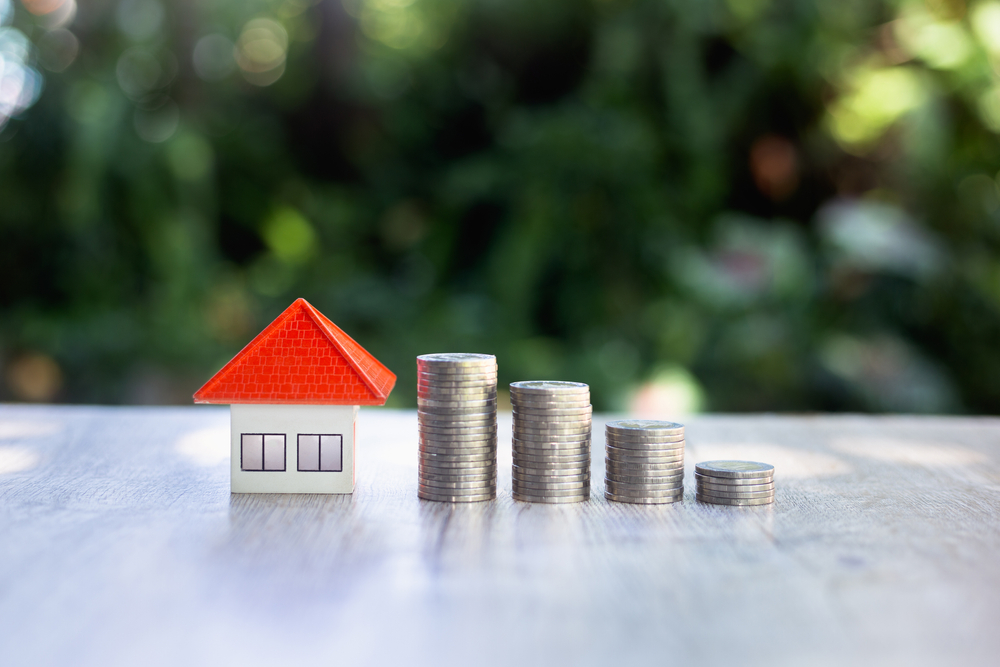Prices are being driven up by a lack of supply, as the number of properties available to buy is 55% lower than the levels seen in 2019
House prices continue to go through the roof as average asking prices in May have risen by more than £55,000 ($69,092) in the past two years to a record high of £367,501 ($461,667).
This fourth consecutive price record is not stopping enquiries, as the number of prospective buyers contacting estate agents in May was 31% higher than the more normal 2019 pre-pandemic market, according to property site Rightmove. The number of sales agreed was up by 12% in the year to date compared to 2019.
Prices are being driven up by a lack of supply, as the number of properties available to buy is 55% lower than the levels seen in 2019.
People may be wondering why the housing market is seemingly running in the opposite direction to the wider economy at the moment, Tim Bannister, Rightmove’s Director Of Data Services, said.
What the data is showing us right now is that those who have the ability to do so are prioritising their home and moving, and the imbalance between supply and demand is supporting rising prices, he said.
Though demand is softening from the heady levels we saw this time last year, the number of buyers enquiring is still significantly higher than during the last ‘normal’ market of 2019, while the number of homes for them to choose from remains more constrained, he said.
However, Bannister warned that there are signs that the red-hot housing market may be cooling down.
We anticipate that the effects of the increased cost of living and rising interest rates will filter through to the market later in the year, and a combination of more supply of homes and people weighing up what they can afford will help to moderate the market, he said.
The fourth successive interest rate rise by the Bank of England to rein in inflation has been costly for mortgage owners, who are now paying more than tenants.
In May, average monthly mortgage payments of £901 ($1,131) overtook the cost of rent, which stood at £887 ($1,114), according to Rightmove’s data.
The average monthly mortgage payment for a typical first-time-buyer home has increased by 13%, a jump of £100 ($125), since December last year following four interest rate rises, although this is only 11%, or £87 ($109), higher than 10 years ago.







Leave a Reply